Extinct memories II – Bruxelles
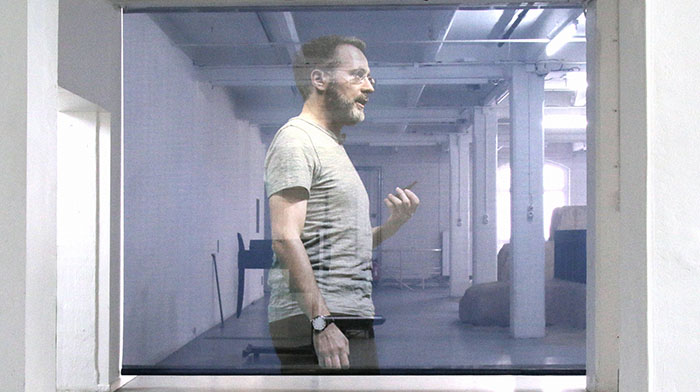
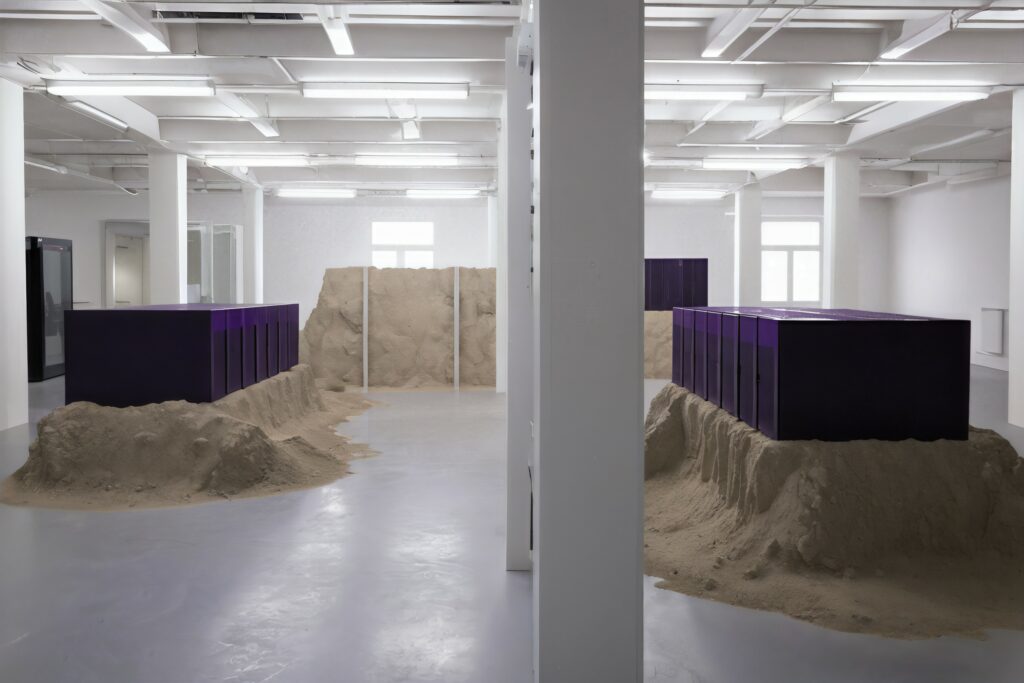
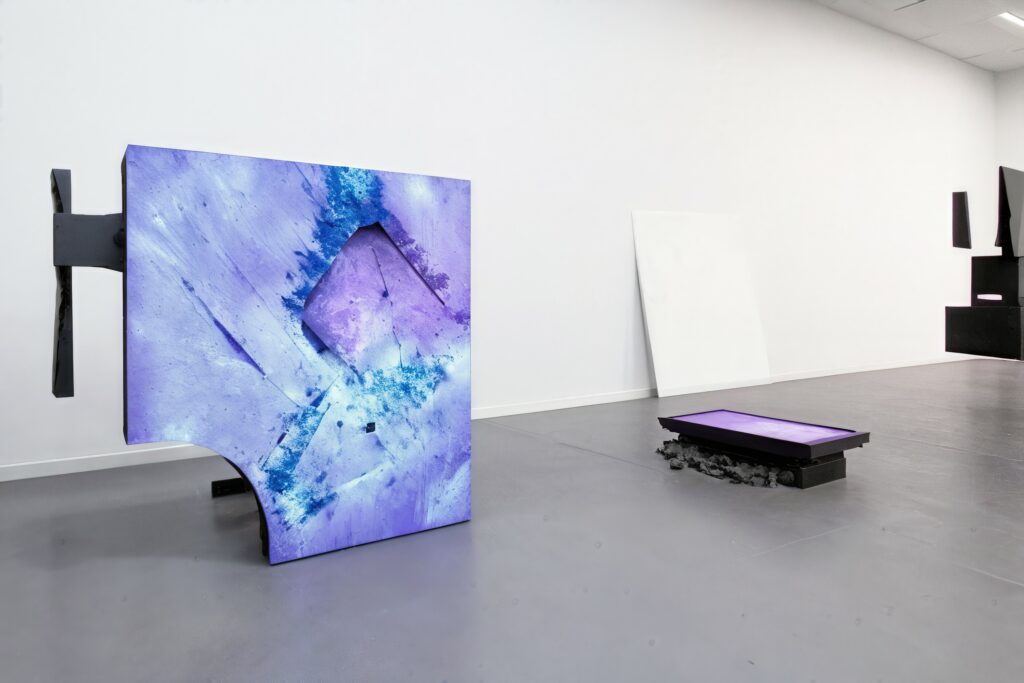
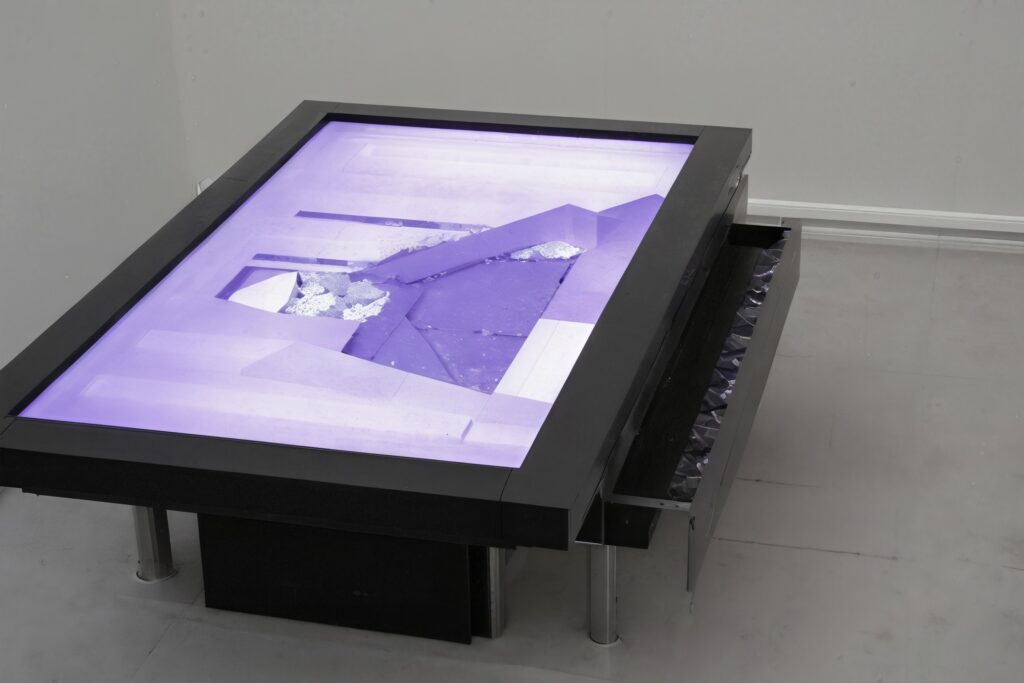
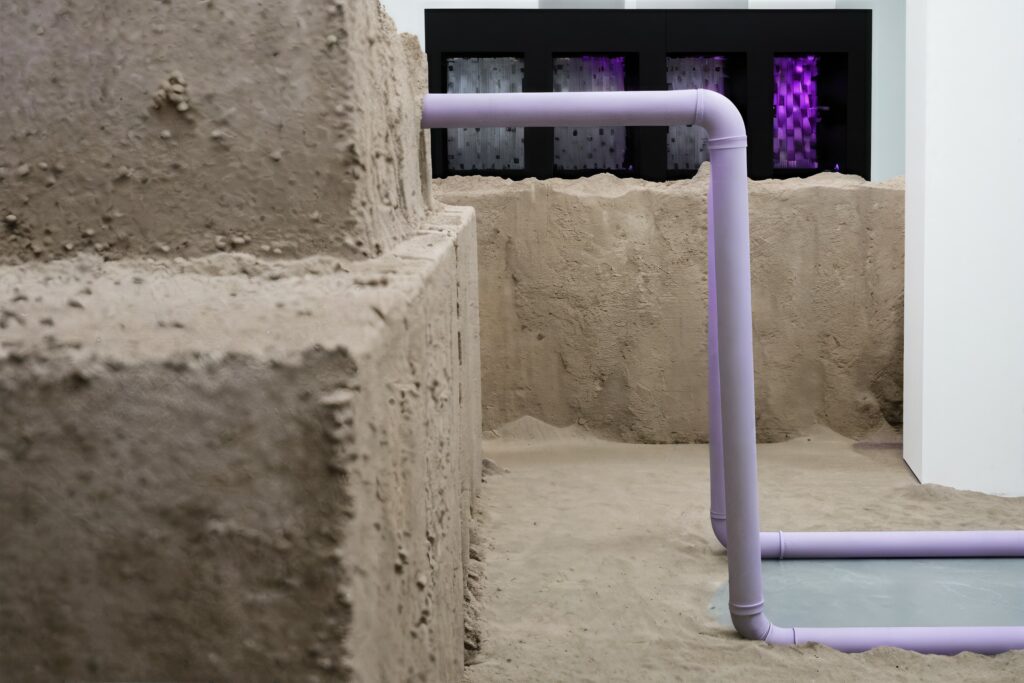
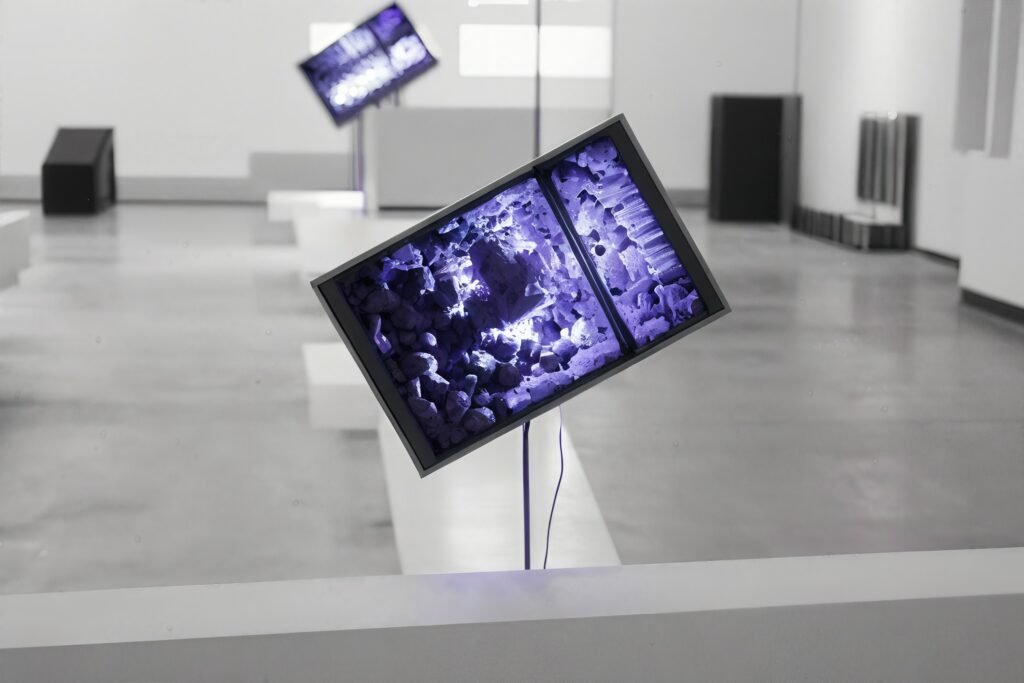
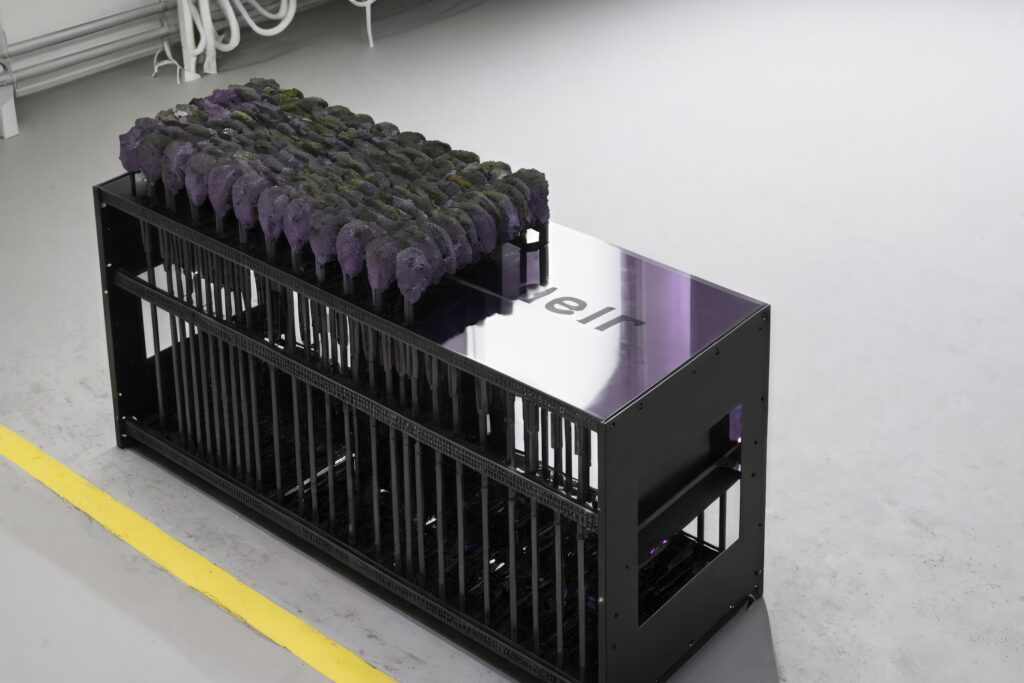
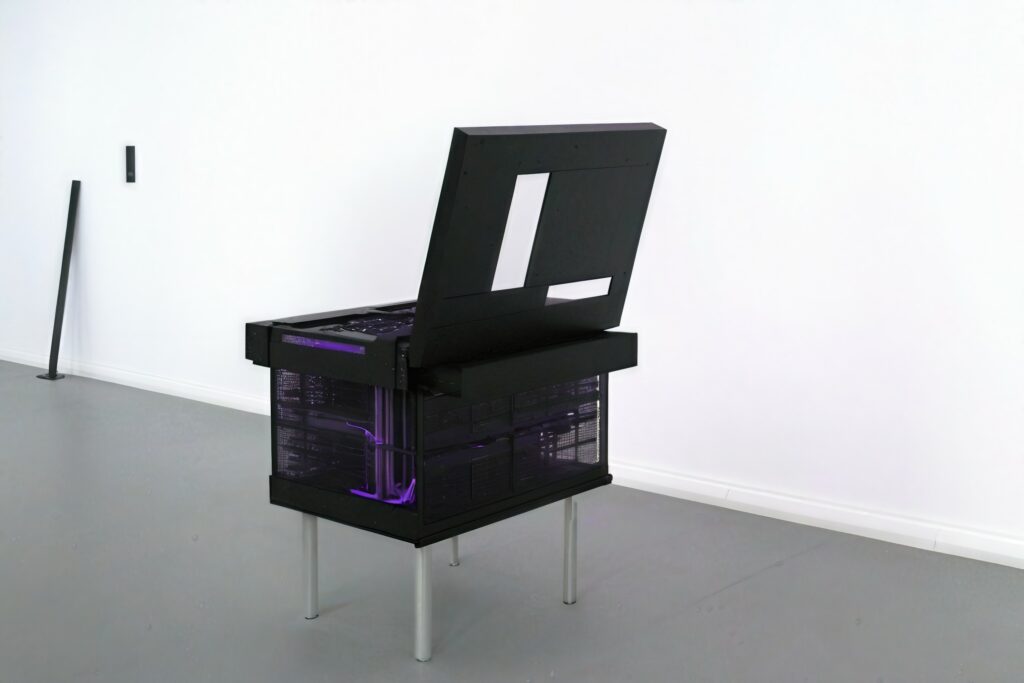
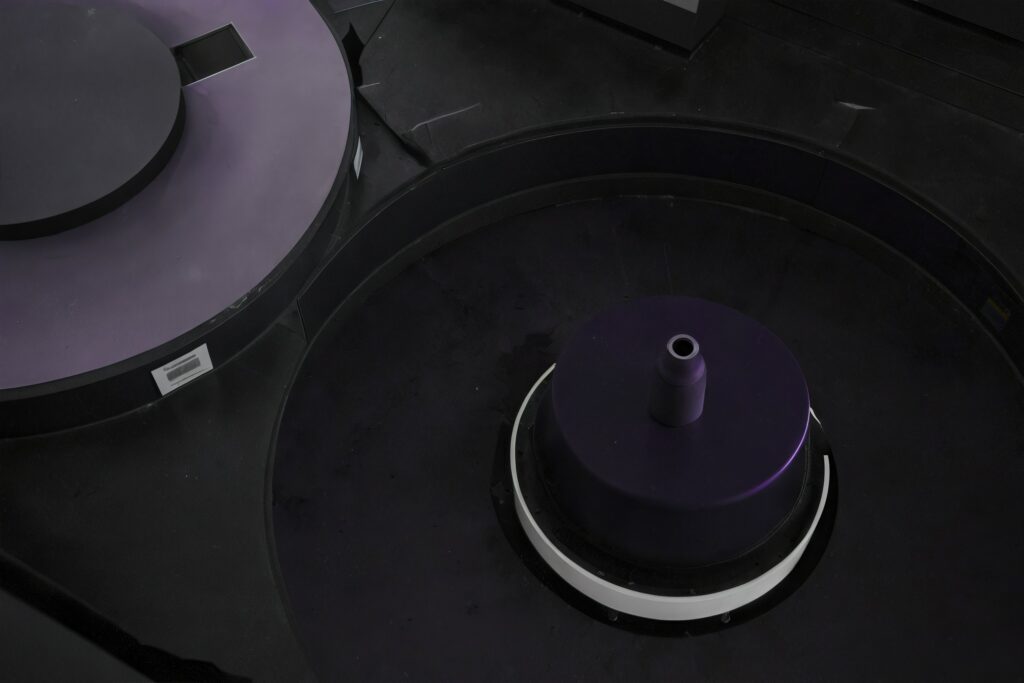
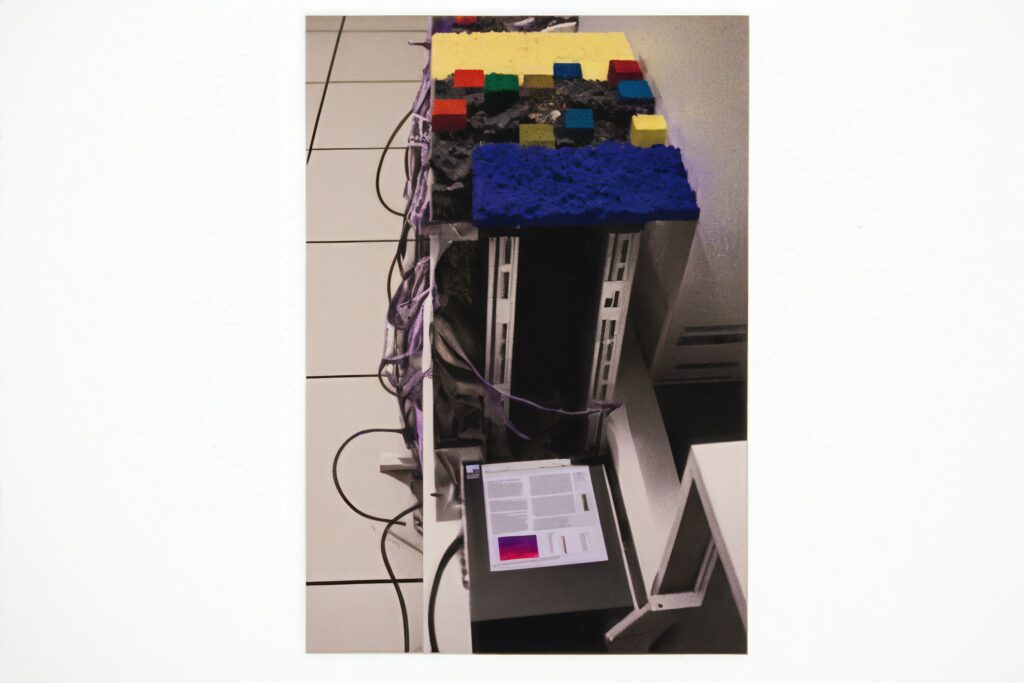
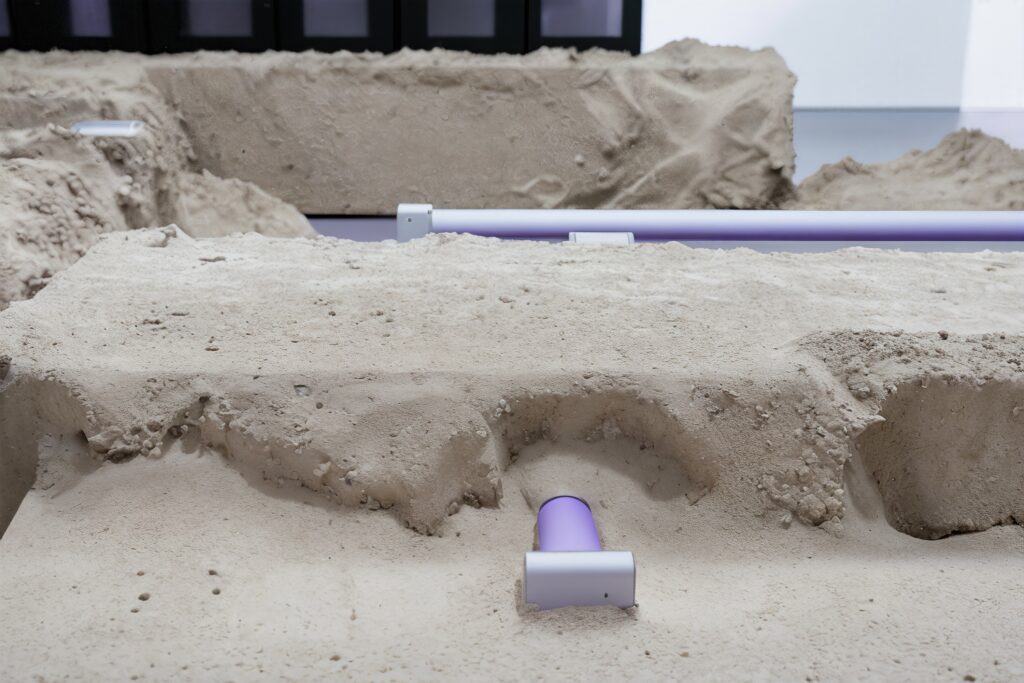
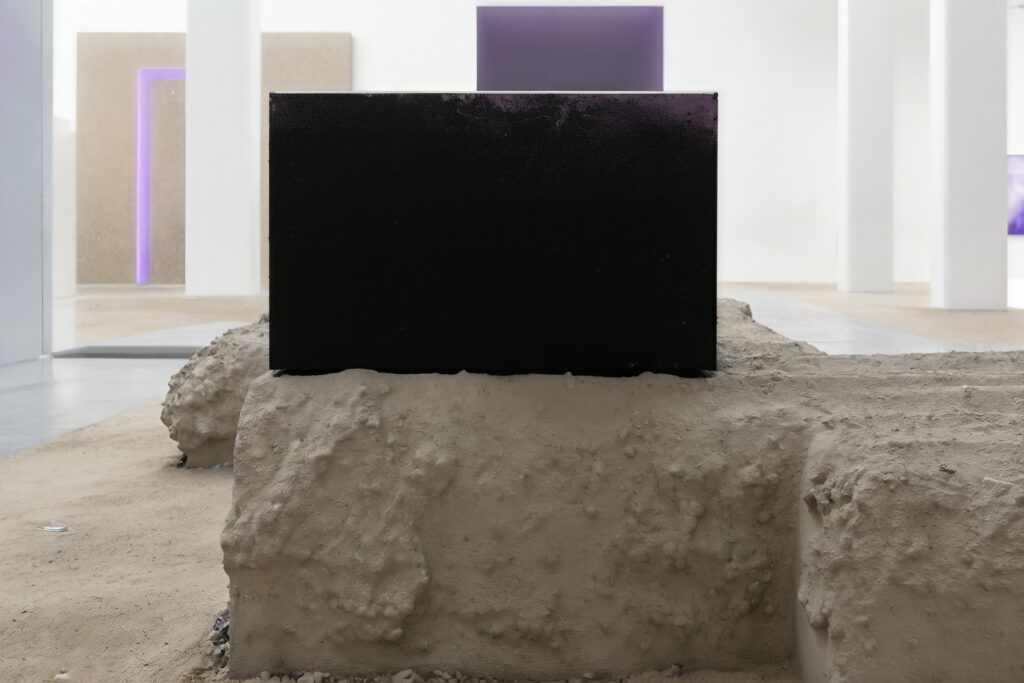
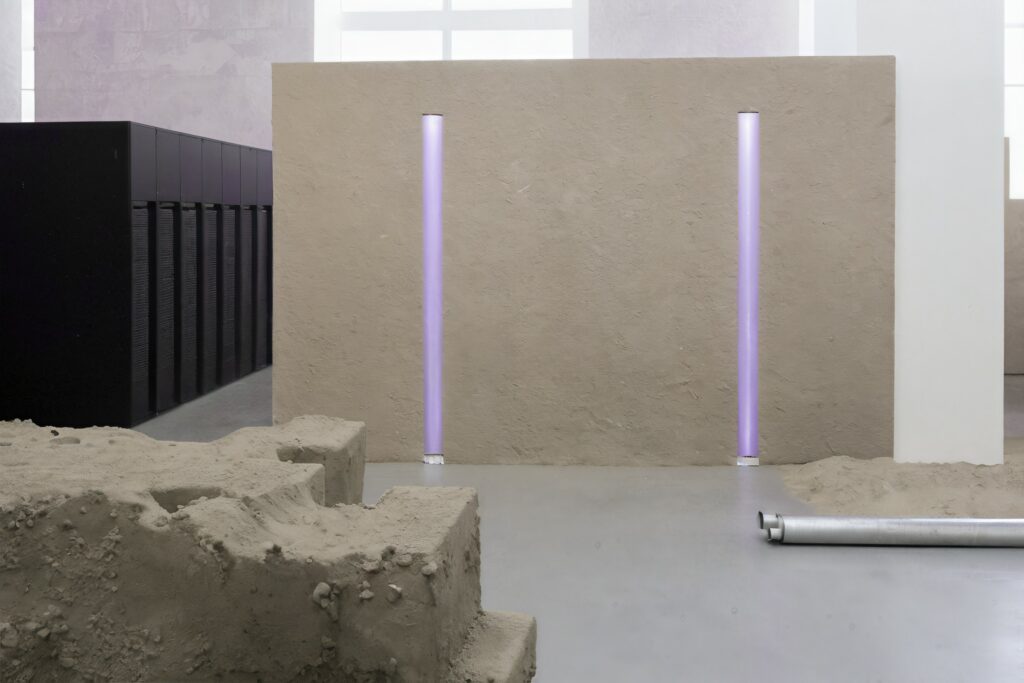
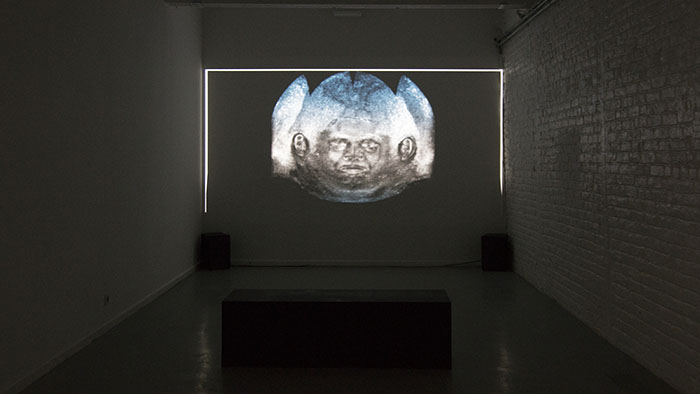
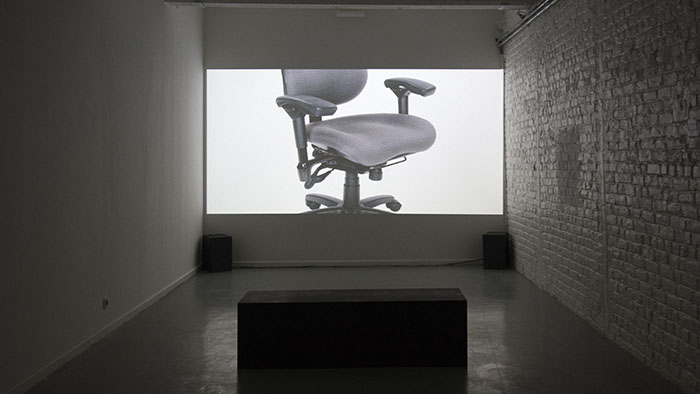
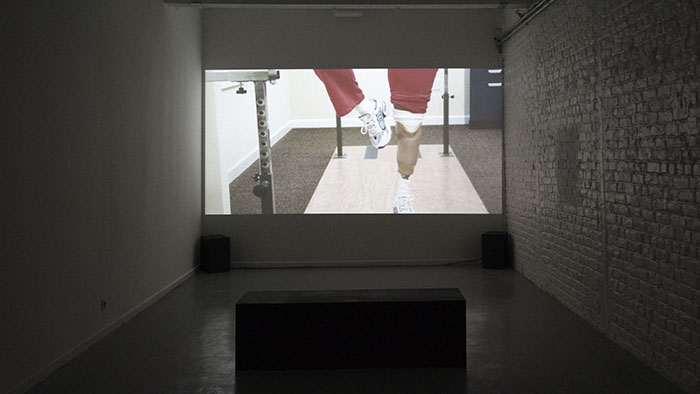
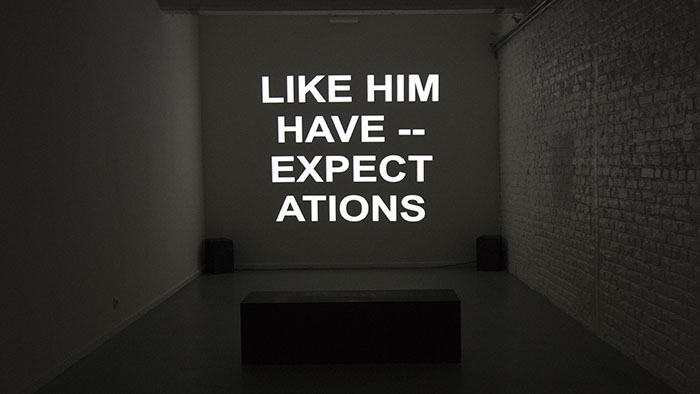
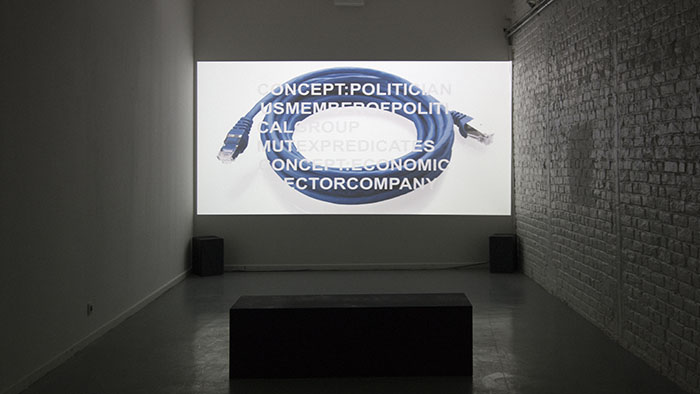
A Google mythology
In a few thousands of years, when humanity has become extinct, something will dig the soil of the Earth and find a datacenter. Miraculously, it will have access to the contents of these hard drives and try to reconstruct the traces of our world.
Google has colonized the world to make its Earth. It absorbed feelings, captured our relationship. It heard our most hidden desires, drawn maps, purchased the language and our behaviors. It convinced the states to disappear silently. Ray Kurzweil explained that we were going disappear to survive, definitely. We disappear for other reason. A hard drive on which the memory of an obscure engineer is still legible, Urs Hölzle. He was the director of the infrastructure, data centers , computers . He try to prevent human beings to interrupt their operation. The world has now disappeared. There remains only the Earth and all the accumulated memories waiting to live again.
Google a colonisé le monde pour en faire sa Terre. Il a absorbé nos sentiments, capturé nos relations. Il a entendu nos désirs les plus enfouis, dressé des cartes, achetés le langage et nos comportements. Il a convaincu les États de disparaître silencieusement. Ray Kurzweil a expliqué que nous allions disparaître pour survivre, définitivement. Nous avons disparu pour de tout autres raisons. Il ne reste plus qu’un disque dur sur lequel la mémoire d’un obscur ingénieur est encore lisible, Urs Hölzle. Il s’occupait de l’infrastructure, des centres de données, des ordinateurs. Il fallait les refroidir et empêcher les êtres humains d’interrompre leur fonctionnement. Le monde a à présent disparu. Il ne reste plus que la Terre et toutes ces mémoires accumulées qui attendent de vivre une seconde fois.
Music : Christophe Charles
With the participation of : D. Sirois.
10/09-18/10/2015, IMAL (Brussels, Belgium)
With the support of Conseil des Arts du Canada, Musashino Art University, Conseil des arts et des lettres du Québec, Ministère de la Culture et de la Communication DICRÉAM et CRSH (Programme de recherche “Capture”)
Thanks to Jussi Parrika
